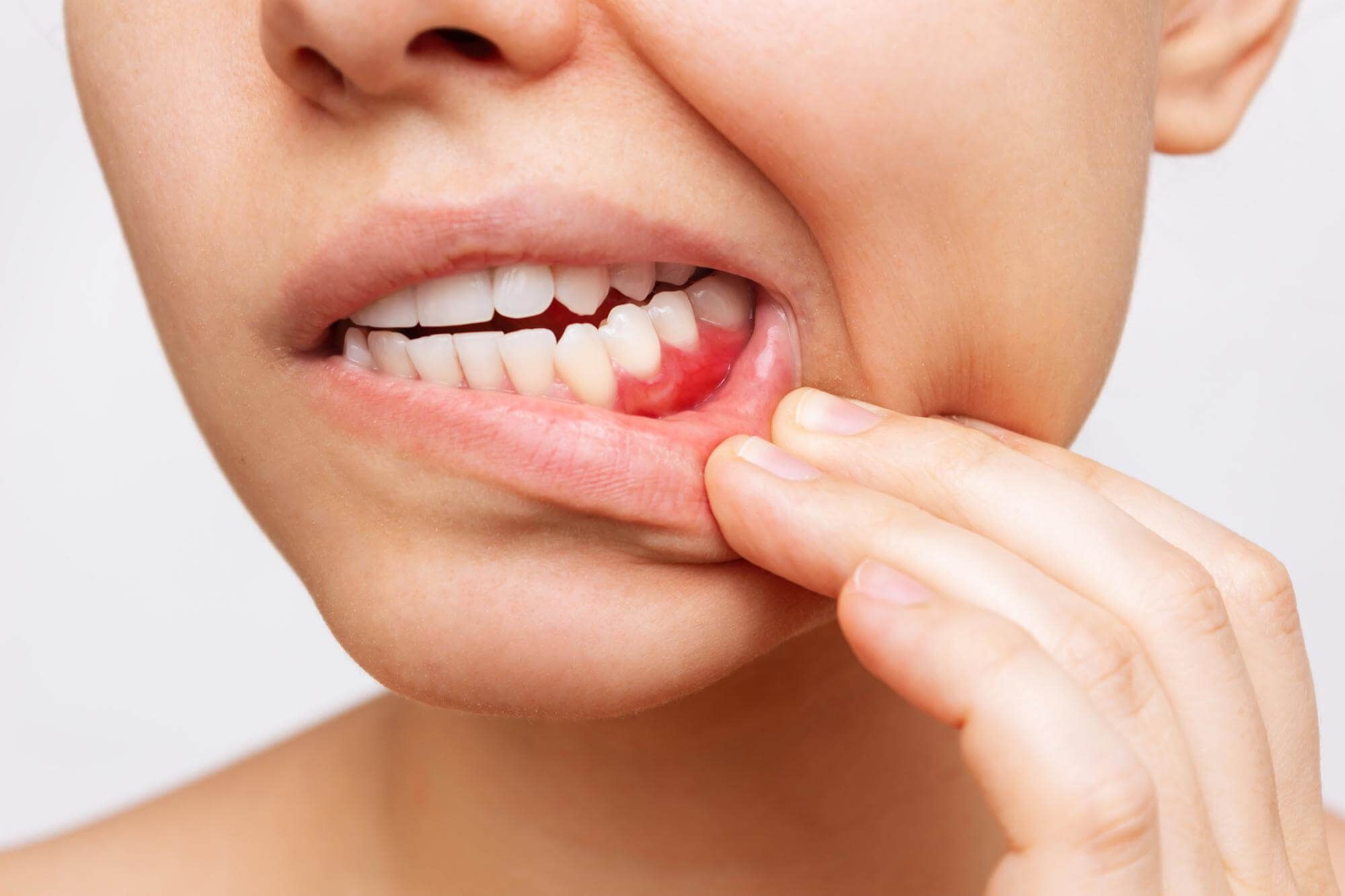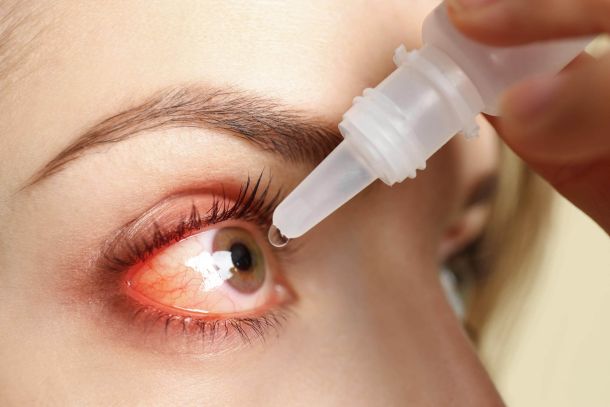Diagnosis and treatment of allergic stomatitis: tips and advice


Viktor Levchenko
Allergic stomatitis: what is it?
Allergic stomatitis is an inflammatory disease of the oral mucosa caused by an allergic reaction to certain irritants, such as food, medications, dental materials or even toothpaste. This condition can present with a variety of symptoms and can affect different areas of the oral mucosa, including the gums, cheeks, tongue and palate. In this article, an experienced allergist will explain the causes, symptoms, diagnosis, treatment, and prevention of this condition.
Symptoms of allergic stomatitis
Symptoms of allergic stomatitis can be varied and depend on the individual sensitivity of the body and the degree of exposure to the allergen. The main symptoms include:
- Redness and swelling of the oral mucosa;
- The appearance of ulcers, aphthae, or whites on the oral mucosa;
- Itching and burning sensation in the mouth;
- Soreness and hypersensitivity of the gums;
- Allergic reaction in the mouth resulting in difficulty swallowing or breathing
- changes in taste sensation.
Causes of allergic stomatitis

Allergic stomatitis can occur due to a variety of causes, including:
- Food allergens (berries, nuts, chocolate, dairy products, etc.);
- Medications (antibiotics, analgesics, psychotropic drugs);
- Dental materials (e.g., amalgam, acrylic resins);
- Hygiene products (toothpastes, rinses, dental floss).
In some cases, the cause of allergic stomatitis may be a combination of several factors, making it difficult to diagnose and treat.
Diagnosis of allergic stomatitis
Diagnosis of allergic stomatitis begins with a visual examination of the oral cavity and collection of anamnesis. The allergist takes into account the presence of characteristic symptoms and factors that may cause allergies in the oral cavity.
To clarify the diagnosis and determine the cause of allergic stomatitis, the following tests may be prescribed:
- General blood test (to detect signs of inflammation and allergic reaction);
- Allergy tests (e.g., skin tests or blood for specific IgE);
- Oral mucosal biopsy (to rule out other diseases with similar symptoms).
Treatment of allergic stomatitis

Treatment of allergic stomatitis includes the use of various medications aimed at eliminating the symptoms and the cause of the disease.
Corticosteroids, such as hydrocortisone or prednisolone, may be applied in the form of ointments or gels directly to the affected areas of the oral mucosa to reduce inflammation and itching.
Antihistamines such as loratadine, cetirizine, or dimedrol may be prescribed to relieve allergic symptoms and mouth itching.
Dietary treatment plays an important role in the treatment of allergic stomatitis. If certain foods are the cause of the allergy, they should be eliminated from the patient's diet. Your doctor may recommend a hypoallergenic diet, which eliminates potentially harmful foods and promotes a quick recovery.
Treatment of allergic stomatitis in children
Treatment of allergic stomatitis in children is carried out taking into account the age characteristics and individual tolerance of drugs. The doctor may prescribe milder antihistamines and corticosteroids in the form of ointments or gels. It is also important to establish a balanced diet for the child, eliminating allergens from his diet.
Prevention of allergic stomatitis

To prevent allergic stomatitis, the following recommendations must be followed:
- Strengthen the immune system and lead a healthy lifestyle;
- Treat diseases of the mouth in a timely manner and follow the rules of hygiene;
- Use hypoallergenic toothpastes and rinses;
- Avoid contact with known allergens;
- If you need to take medication, monitor your body's reaction and promptly inform your doctor if you experience allergy symptoms.
How to avoid allergic stomatitis?
To avoid allergic stomatitis, it is important to know your allergens, avoid them and follow all the prevention measures mentioned above. If you already have allergic stomatitis, be sure to see your doctor for a consultation and prescribe appropriate treatment.
In conclusion, allergic Allergic stomatitis is an inflammatory disease of the oral mucosa caused by an allergic reaction to various irritants. Through proper diagnosis, timely treatment and adherence to preventive measures, it is possible to successfully recover and prevent the recurrence of allergic reactions in the mouth. If you or your child suspect allergic stomatitis, be sure to see an allergist for expert care and an individualized treatment plan.
New materials
Popular Articles
We recommend reading
Contact us in the Contact Us section to ask questions, offer ideas, or for more information about our allergy resource.
Our articles are your trusted source of allergy knowledge. Learn how to make life with allergic reactions easier on our specialized portal.
©
Lechenie-Allergii.com. All rights reserved.
© Lechenie-Allergii.com. All rights reserved.
The information on this site is for informational purposes only and is not a substitute for professional medical advice. We recommend consulting with qualified medical professionals for accurate information and advice.
 English
English  Українська
Українська  Русский
Русский 









